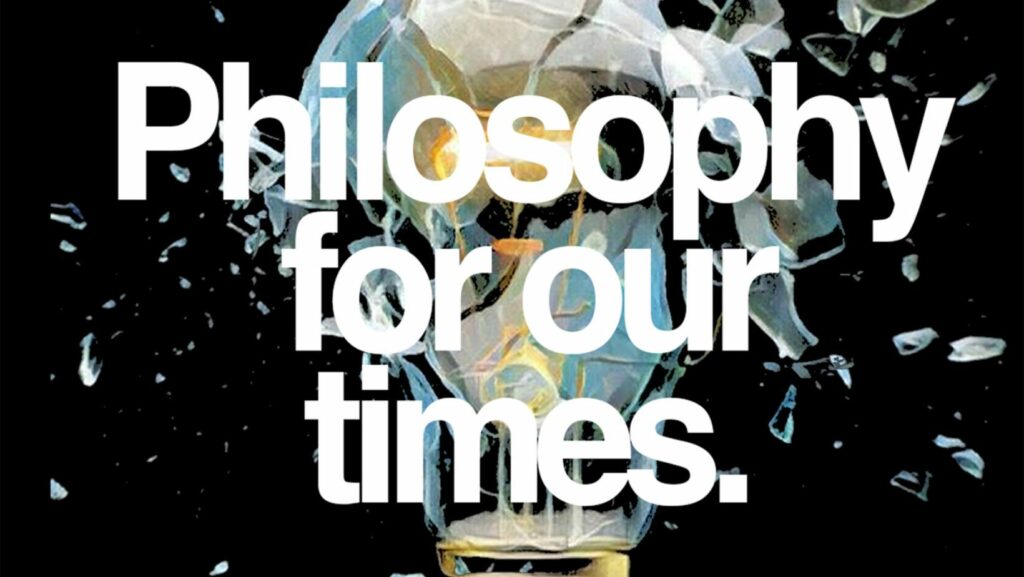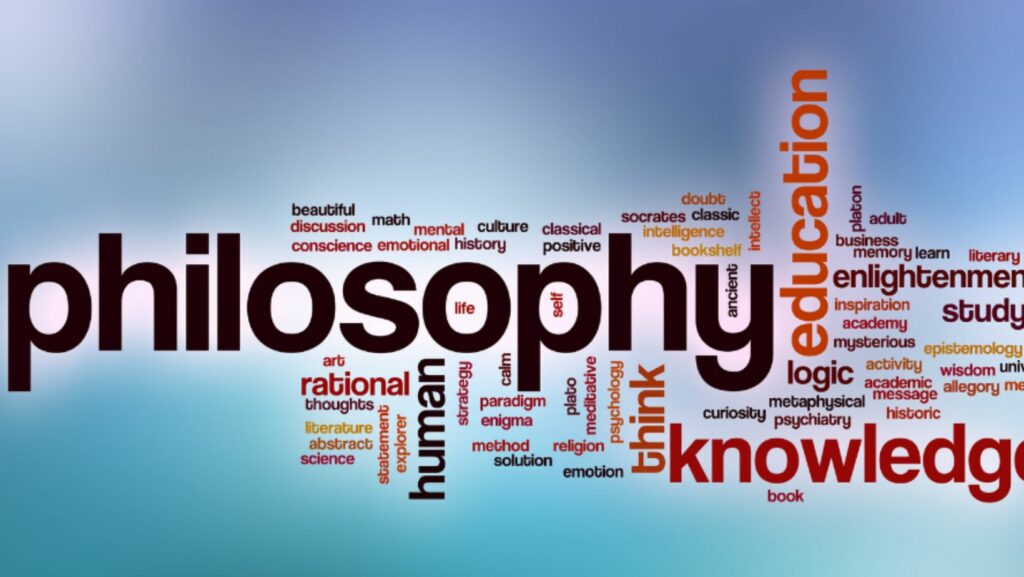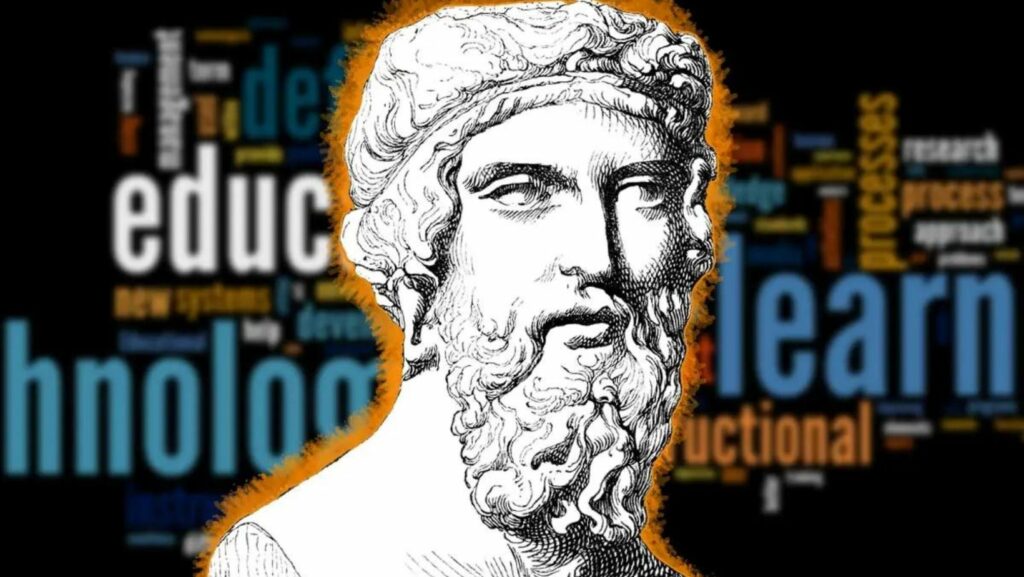
Philosophy Used in a Sentence
Have you ever pondered the profound impact a single sentence can have on shaping our thoughts and perspectives?

In the realm of philosophy, philosophy used in a sentence a well-crafted sentence can encapsulate complex ideas, sparking contemplation and debate. From Aristotle to Nietzsche, philosophers throughout history have wielded the power of words to challenge conventional wisdom and provoke introspection.
Exploring the essence of philosophy used in a sentence offers a glimpse into the art of concise yet profound expression. Each word carefully chosen, each phrase meticulously crafted to convey layers of meaning and evoke a spectrum of emotions philosophy used in a sentence. Whether delving into existential questions or examining ethical dilemmas, these sentences serve as windows into the minds of great thinkers, inviting us to join in the timeless quest for truth and understanding.
The Importance of Philosophy in Language
Philosophy plays a crucial role in shaping language and communication. Philosophers have long understood that the construction of a sentence can carry profound implications that extend beyond mere words. It is through language that abstract concepts are translated into tangible expressions, allowing individuals to delve into complex ideas and engage in meaningful discourse.

Understanding Context
In philosophy, language serves as a lens through which individuals perceive and interpret the world around them. By carefully considering the context in which a sentence is formulated, philosophers can uncover hidden meanings and nuances that enrich their understanding of reality. Each word chosen deliberately contributes to shaping the context in which ideas are presented, offering insight into the philosophical implications embedded within language itself.
Expressing Abstract Ideas
Language is a powerful tool for expressing abstract ideas that may otherwise be challenging to articulate. Philosophers leverage language to convey intricate concepts and philosophical arguments, using sentences as vehicles to bridge the gap between the abstract and the concrete. Through precise language construction, philosophers can distill complex thoughts into succinct statements that stimulate intellectual reflection and contemplation.
Famous philosophical quotes are not just simple combinations of words; they are profound reflections of deep philosophical ideas. These quotes have stood the test of time, captivating generations with their wisdom and insight. Let’s delve into how these quotes demonstrate the power of philosophy in a sentence.
Exploring Their Usage in Sentences
Analyzing famous philosophical quotes reveals how philosophers distill complex philosophical concepts into concise, impactful sentences. For example, the famous quote “Cogito, ergo sum” by Descartes encapsulates the essence of existence and self-awareness in just three words. This exemplifies how philosophers use sentences as vessels to convey profound ideas effectively.
Implications on Understanding
The usage of philosophy in sentences transcends mere linguistic constructs; it shapes our understanding of the world. When dissecting famous philosophical quotes, individuals gain deeper insights into human nature, ethics, and existence. These sentences serve as gateways to contemplation, challenging individuals to ponder their beliefs and perceptions. Philosophical quotes, through their succinct yet profound nature, have the power to expand perspectives and foster critical thinking.
Practical Applications of Philosophy in Everyday Communication
Philosophy finds practical applications in decision making and ethics. By pondering philosophical ideas, individuals develop a deeper understanding of ethical dilemmas and make informed decisions based on moral principles. Philosophy prompts critical thinking, leading to ethical communication.

In educational settings, philosophy enriches learning experiences. Students exposed to philosophical concepts enhance their analytical skills and broaden their perspectives. Philosophy encourages dialogue, enabling students to engage in meaningful discussions about complex ideas and diverse viewpoints.
In modern media, philosophy plays a crucial role in shaping narratives, sparking discussions, and provoking introspection. From literature to social media, philosophical concepts are integrated into various forms of communication, influencing how ideas are conveyed and received.
Literature and Public Speeches
Within literature and public speeches, philosophy serves as a powerful tool for conveying complex themes and engaging audiences on profound levels. Authors and speakers often use philosophical ideas to add depth to their narratives, prompting readers and listeners to contemplate deeper meanings and engage in critical analysis. By incorporating philosophical insights into their works, writers and speakers can inspire reflection, challenge perspectives, and stimulate intellectual discourse.
Social Media and Digital Content
In the realm of social media and digital content, philosophy finds new avenues for expression and dissemination. Platforms like Twitter, Instagram, and YouTube serve as mediums for sharing philosophical thoughts in bite-sized formats, reaching wide audiences and sparking online discussions.
